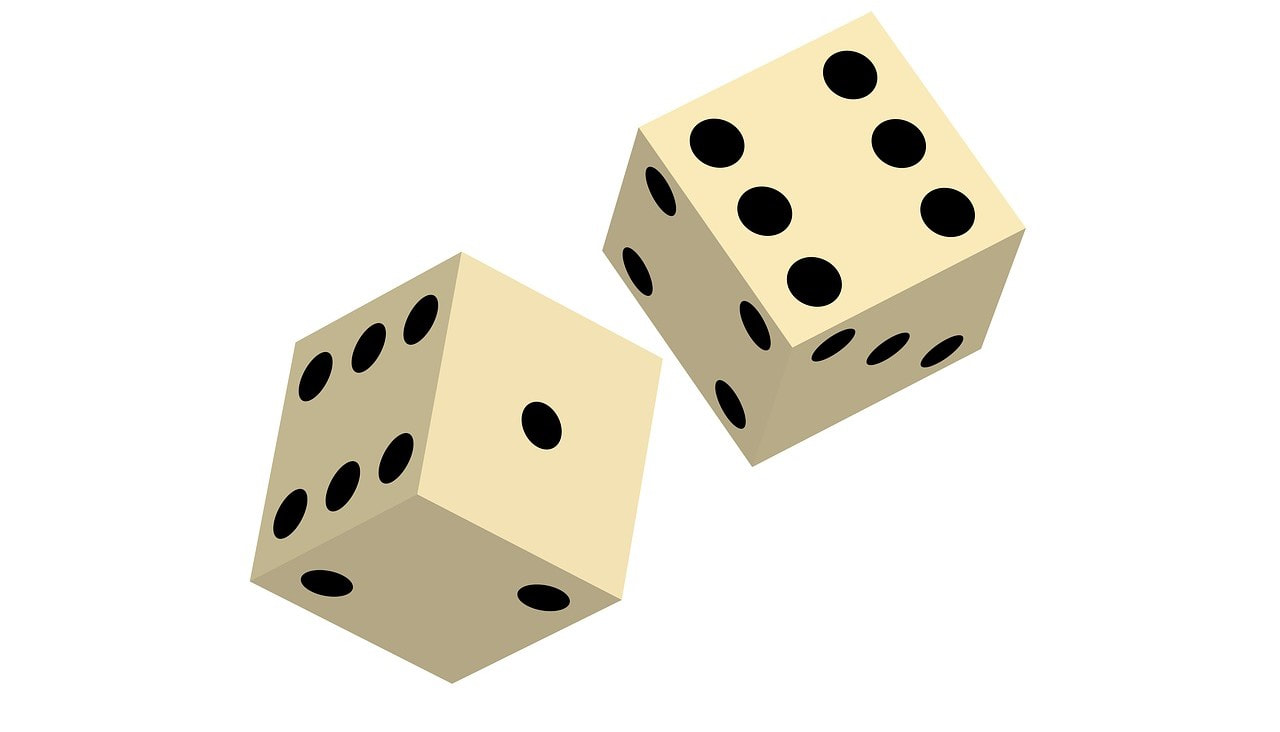|
For most of the past year, I figured coronavirus could do serious harm if I got infected, but avoiding people kept my exposure low. Last month, I traveled to a state where exposure was almost ubiquitous, trusting vaccination to minimize my risk.
All our lives we weigh risks as a basis for decisions, large and small. I’ve long thought of risk as having two elements: how likely is something to happen, and how bad might it be if it does? Lately I’ve noticed a third major element: personal risk tolerance. As my sociologist father taught me long ago, statistics predict populations, not individuals. How much certainty does your spirit require? What is your comfort with the unknown? Data and logic go only so far. In the waning of the pandemic, some of my vaccinated friends remain outdoors in masks. Others dine in restaurants and hop on airplanes. There’s nothing wrong with letting emotions influence our choices. Without emotions, in fact, neuroscience suggests we couldn’t make decisions at all.
6 Comments
Pat Groenewold
5/24/2021 07:35:01 am
I've had several opportunities to comment on "what I've learned during the pandemic" and this post helped me crystalize yet another learning. I have a high risk tolerance when I am making a decision that affects me personally and taking a risk that is my own.
Reply
Perceptive observation, risk for self vs. risk for others. The time I was most aware of this distinction was when I left a salaried job to freelance at the point when I no longer had family members financially dependent on me. It was not a risk I would have considered earlier. During the pandemic, I avoided risks to my health both for my own sake and for the sake of the few people who would have a hard time if I got seriously sick. I also practiced the recommended safety measures to avoid infecting others, but emotionally that felt more like acting in solidarity than weighing risk. In situations where I take less risk for others close to me than for myself, perhaps the “how bad might it be if it does” dimension of risk assessment is at work. The possibility of harm to a family member weighs more heavily than that of harm to myself.
Reply
Kenneth J Paradise
5/25/2021 12:22:32 pm
My decision to not travel was based entirely on the "I wouldn't be able to forgive myself" if I brought coronavirus to elderly friends or family. I had 0 concern for my own well being, but was mortified I'd bring harm to another.
Reply
5/25/2021 08:11:04 pm
Oddly, I didn't think I was likely to infect others. The person I live with and I both assumed that if either of us got sick, the other would too, so we chose risk-averse behaviors as a joint endeavor. My effort not to contract Covid was motivated significantly by how I imagined my death or long-term health consequences might affect those closest to me.
Dennis Doren
5/24/2021 09:21:03 am
I spent a good portion of my career dealing with the assessment of risk. From my view, your analysis is a good one. At the same time, I point out that humans are not methodical and one-way in our thinking. Our different assessments interact and change one another. What we once assessed as a 51% chance of risk for an important possible outcome often changes over time as we act on that conclusion, to the point that our assessment of risk goes significantly up without any new data except the fact we previously drew a conclusion and acted on it. We want to believe we were correct, and selectively reinforce our perception that we were. Likewise, it is well known that the presentation of data contrary to a stongly held perspective quite regularly serves to drive us further away from those data, not in their direction. We actively work to support our conclusions once we made them. Our risk-related decisions are affected by the very process of making the decision, and then again by our defensive reaction to contrary information.
Reply
Oh, that is fascinating, Dennis. I have long known of confirmation bias in terms of beliefs - certainly I am more ready to believe a new “fact” that is consistent with what I already believed - but hadn’t taken it the further step of applying to decisions and actions. I thought you were going to say that we adjust our assessment of risk based on the outcome when we took (or failed to take) a similar risk, i.e. learned from experience. But quite the contrary, you say we base subsequent views on the experience of having made a certain choice, regardless of outcome. Because we want to think we were wise. It is both very plausible and counter-intuitive. I will try to start watching to see if that matches my own choices and behavior.
Reply
Leave a Reply. |
AuthorI'm a historian who writes novels and literary nonfiction. My home base is Madison, Wisconsin. Archives
July 2024
|

 RSS Feed
RSS Feed